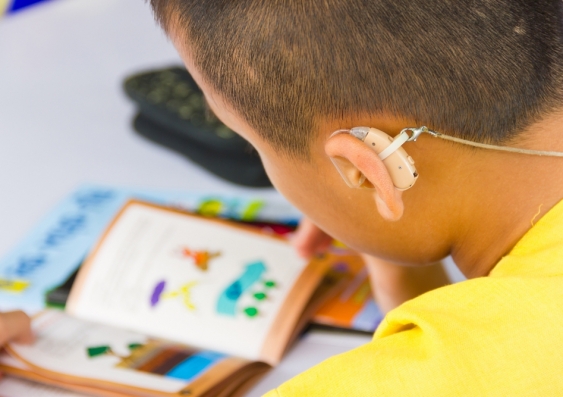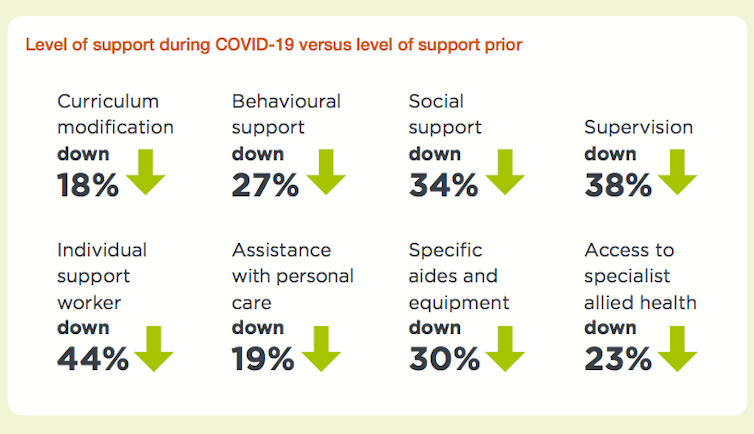Only one fifth of school students with disability had enough support while remote learning
A seven week survey asked questions on the experiences of students with disabilities and their families when schools across Australia had mostly closed, and children learnt remotely.




